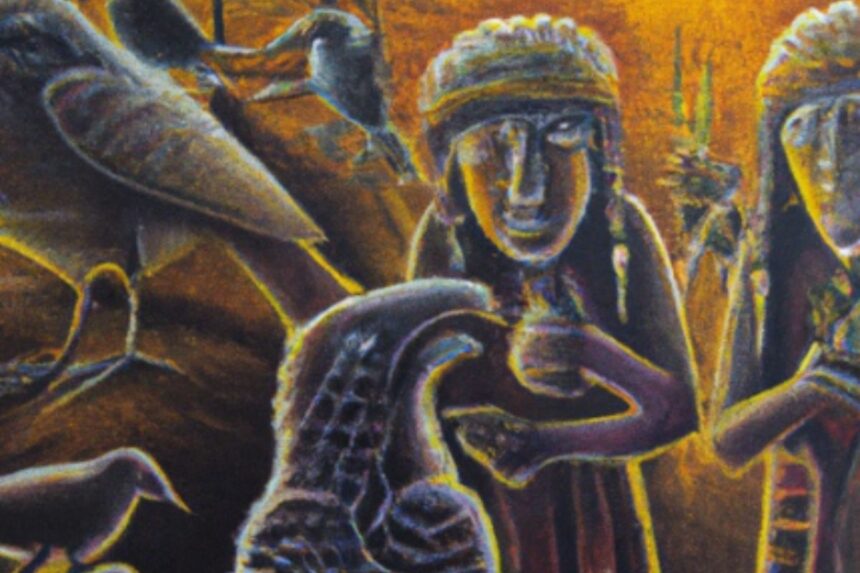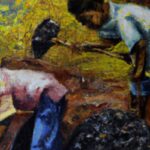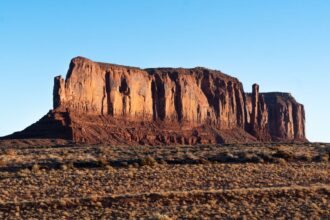In her profound book “Braiding Sweetgrass,” Robin Wall Kimmerer gracefully intertwines indigenous wisdom with contemporary ecological awareness. As a botanist and a member of the Citizen Potawatomi Nation, Kimmerer presents a unique perspective that challenges modern society to reevaluate its relationship with nature. This article explores the crucial themes of “Braiding Sweetgrass,” drawing connections to current global issues and the decolonization movement.
The Harmony of Nature and Indigenous Knowledge
“Braiding Sweetgrass” starts with an exploration of how indigenous knowledge systems perceive and interact with the natural world. Unlike the often exploitative stance of modern societies, indigenous cultures view themselves as integral parts of the ecosystem. This holistic approach has significant implications for contemporary environmental challenges, such as climate change and biodiversity loss. Kimmerer’s insights prompt us to reconsider our actions and attitudes towards nature.
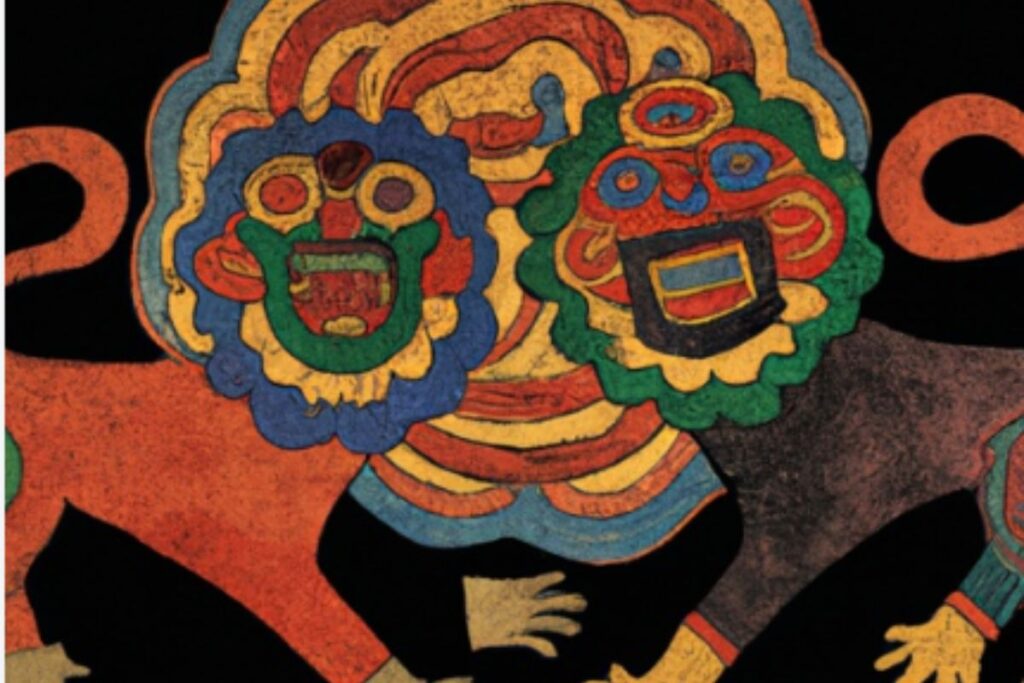
Decolonization and Environmental Stewardship
Decolonization, a process of deconstructing colonial ideologies and structures, is deeply connected to environmental stewardship in “Braiding Sweetgrass.” Kimmerer argues that the colonial mindset, which often prioritizes exploitation over preservation, has led to many of today’s ecological crises. By adopting indigenous perspectives that emphasize respect and reciprocity with nature, we can embark on a path towards healing both the land and the communities affected by colonialism.
Modern World Challenges and Indigenous Solutions
The book effectively links traditional wisdom to current global issues. For instance, the concept of “The Honorable Harvest” – taking only what is needed and leaving the rest – offers a sustainable approach to resource use. This principle contrasts starkly with the rampant overconsumption and waste in modern societies. By embracing these indigenous practices, we can address issues like resource depletion and environmental degradation.
Reciprocity with Nature
A central theme in “Braiding Sweetgrass” is the idea of reciprocity with nature. Kimmerer illustrates how indigenous cultures engage in a give-and-take relationship with the earth, where both parties benefit. This contrasts with the one-sided extraction characteristic of modern industrial practices. Embracing reciprocity could lead to more sustainable and respectful environmental policies.

Education and Cultural Revival
Kimmerer also emphasizes the importance of education in bridging traditional knowledge and modern science. By incorporating indigenous perspectives into educational curricula, we can foster a more comprehensive understanding of the natural world. Additionally, cultural revival plays a crucial role in decolonization, as it helps restore indigenous identities and practices eroded by colonialism.
The Role of Storytelling of Braiding Sweetgrass
“Braiding Sweetgrass” utilizes storytelling as a powerful tool for sharing knowledge and wisdom. Kimmerer’s narratives connect readers with the land and its history, making complex ecological concepts accessible and relatable. In the context of decolonization, storytelling can be a means of preserving and transmitting indigenous knowledge, countering the dominant narratives imposed by colonial powers.
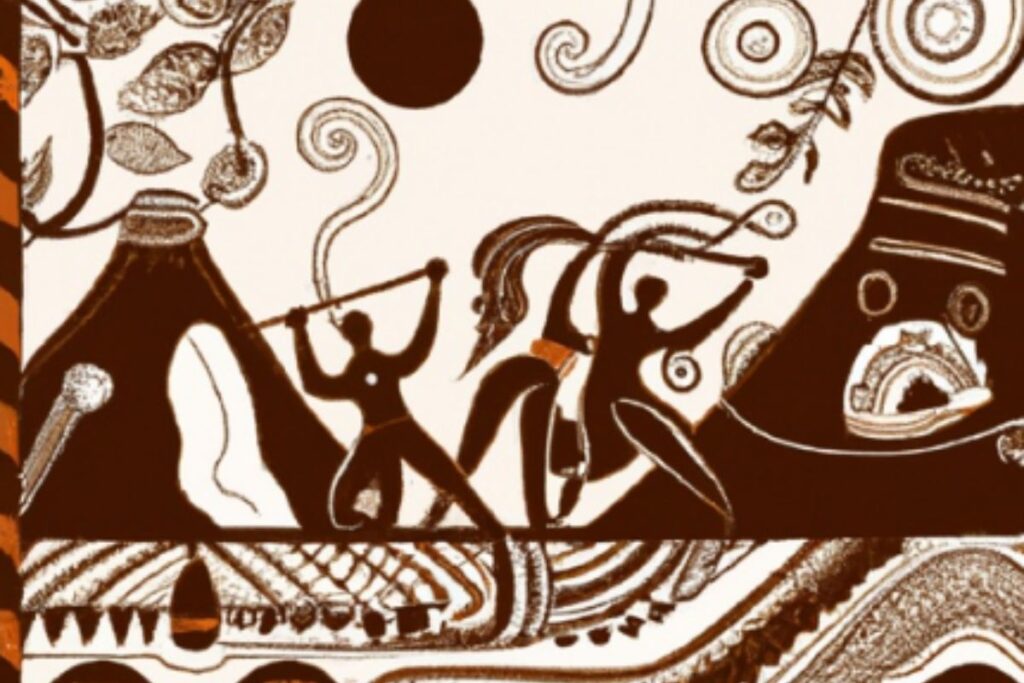
“Braiding Sweetgrass” is more than a book; it’s a call to action for individuals and societies to reevaluate their relationship with the earth. By weaving together traditional indigenous knowledge and modern ecological science, Robin Wall Kimmerer offers valuable insights into how we can address pressing global issues. Embracing the principles discussed in her book could be a significant step towards effective environmental stewardship and the journey of decolonization.








